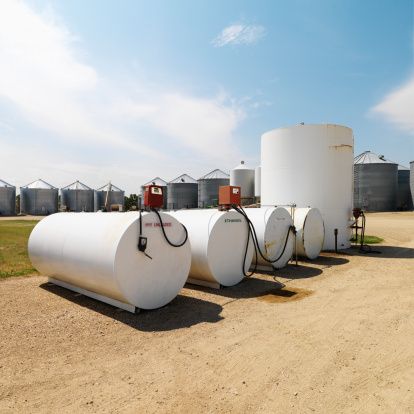Liquid fertilization is becoming an increasingly necessary practice in modern agriculture throughout the world. For many farmers, it is the alternative to solid fertilizers. But there are still issues to be resolved, especially with regard to storage.
The handling and storage of liquid fertilizers still involves great responsibility. The reason: poor quality liquid fertilizer tanks are susceptible to product leakage, which can lead to financial losses, environmental damage and personal injury.
What exactly are liquid fertilizers?
Here’s a short, easy-to-understand description:
Liquid fertilizers are water-soluble minerals in varying proportions that farmers provide to the soil to promote plant growth and health. These solutions are sometimes better than granular formulations because they are absorbed more quickly and provide nutritional benefits to plants soon after application. Some of the water-soluble fertilizers you can store contain essential elements such as:
Nitrogen:
Nitrogen helps plants synthesize the energy they need to stimulate growth and promote quality fruit or seed production.
Potassium:
The element is crucial for the healthy development of plant roots, fruits and leaves. Plants need it to boost food production and strengthen their immunity to infection and disease.
Phosphorus:
This nutrient supports fruit production by promoting energy transfer throughout the plant structure.
Calcium:
Plants need this nitrate to build a strong cell wall structure and to optimize the availability and transfer of other minerals.
More information on liquid fertilizers
The best way to store liquid fertilizer!
In general, polyethylene tanks have various properties that make them an economical and safe way to store liquid fertilizer.
These tanks are the result of a fully automated production process that ensures perfect engineering and construction. The tanks also keep your fertilizer safe inside as they do not tend to leak with many joints, as is often the case with metal tanks with welded joints. Polyethylene storage tanks are a worthwhile long-term investment because they are sturdy and corrosion resistant. They do not rust in wet conditions and are not degraded by contact with other chemicals, including fertilizers.


